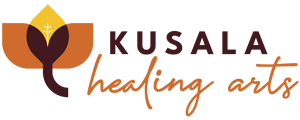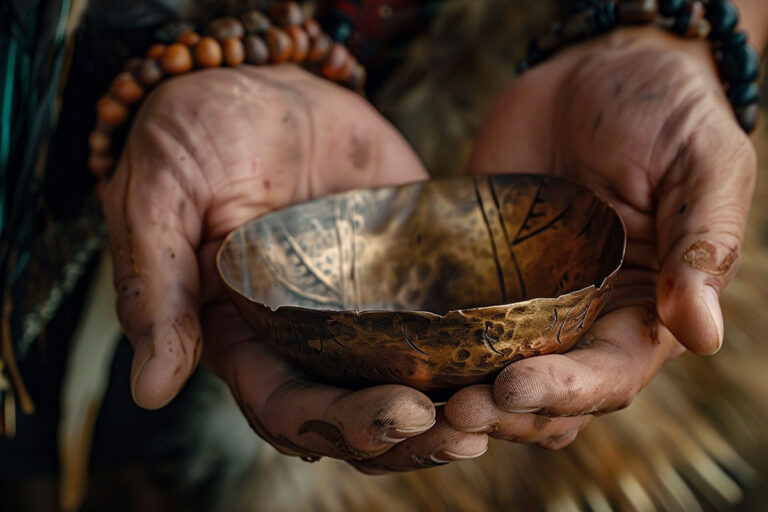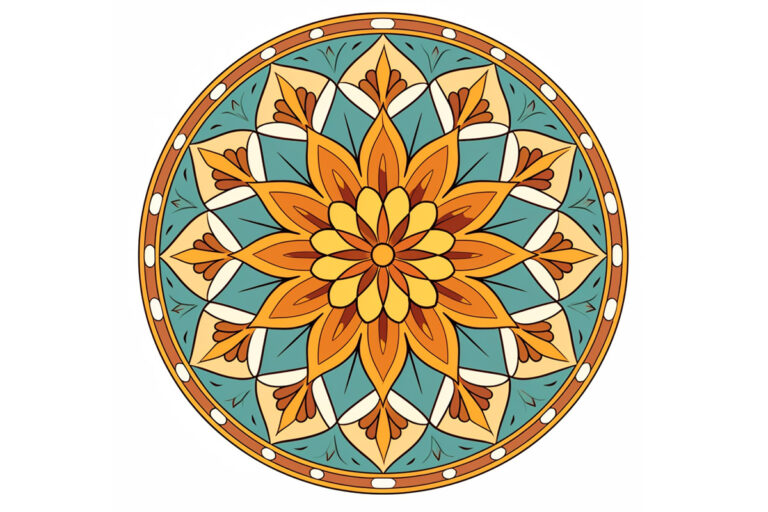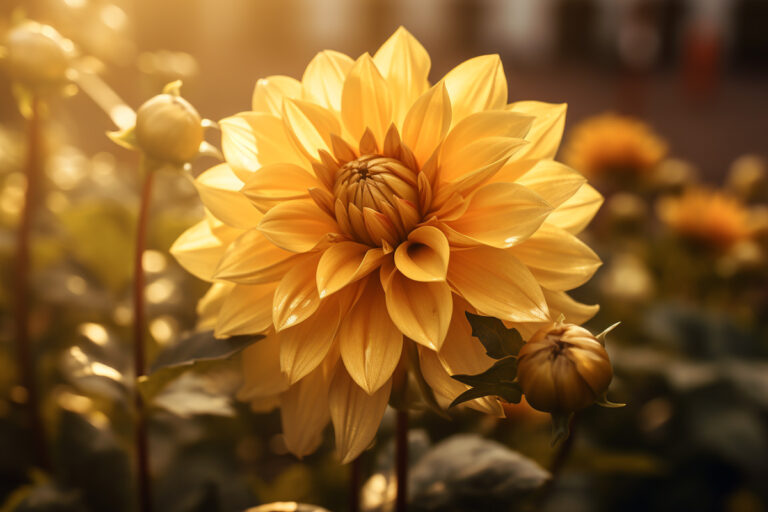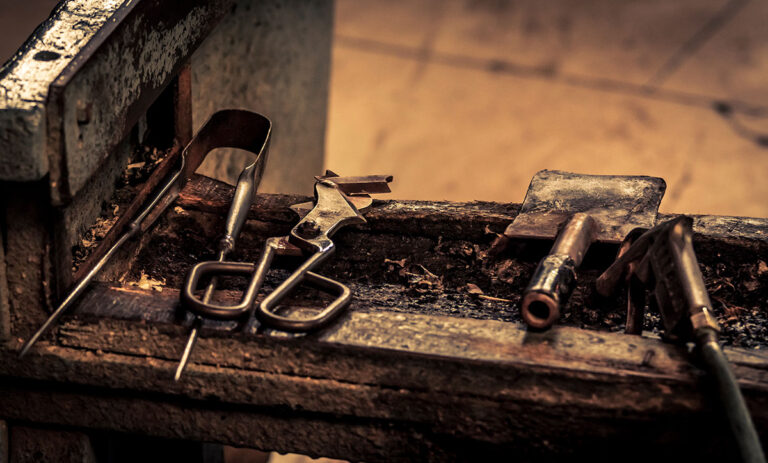Do You Want to Improve the World?
The Journey from
Massage Therapy to Acupuncture
As I drove to Boone last week and turned onto Route 421, east of town, I realized this August marks the last time I’ll make this trip at the start of the school year.. When I first began studying at Jung Tao, I lived in Denver, Colorado, and somehow managed to fly out at least once a month during my first year. It was a daunting challenge — traveling from nearly 1,500 miles away, solely to study the classics of Chinese medicine in North Carolina.
I remember when I first felt the call to study Chinese medicine. It was 2004, and I was a student at a massage school in Columbus, Ohio, which also offered an acupuncture program. It was the first and only program of its kind in Ohio, dedicated entirely to the study and practice of Traditional Chinese Medicine. I found it fascinating to catch the scent of moxibustion drifting through the air, a subtle reminder of how different this medicine was compared to the massage and bodywork techniques we were learning.
At some point during my time at massage school, I realized how important becoming an acupuncturist might be for me. Coming from a background rooted in divination, shamanism, and energy healing, the natural next step was to combine these practices with acupuncture. First, I told myself, I would become a massage therapist. Then, after building a practice in Columbus, I’d return to complete my study of Chinese medicine.
Intuitively, combining these two skills would allow me to use my psychic abilities to serve others and align with the highest good. From a practical standpoint, it made sense to gradually build upon the skills I had developed and practiced with the Circle of Living Spirit years earlier. Despite my limited knowledge of the subject matter, as a small business owner, it was clear that building a client base sooner rather than later would support the natural growth of the business model I had been cultivating.
However, the prophecies I’m most known for, and the medicine they brought forth, each unfolded in their own way. It wasn’t until 2021 that I found both the willpower and the financial means to return to school and fully commit to this path of healing and self-realization.

How Different Translations Shape Our Interpretation
Chapter 29
Do you want to improve the world?
I don’t think it can be done.The world is sacred.
It can’t be improved.
If you tamper with it, you’ll ruin it.
If you treat it like an object, you’ll lose it.There is a time for being ahead,
A time for being behind;
A time for being in motion,
A time for being at rest;
A time for being vigorous,
A time for being exhausted;
A time for being safe,
A time for being in danger.The Master sees things as they are,
Without trying to control them.
She lets them go their own way,
and resides at the center of the circle.Stephen Mitchell
Tao Te Ching:
A New English Version
Stephen Mitchell, 1995
One aspect of studying Chinese medicine — well, there are a few — that I never anticipated is the sheer number of sinologists who offer differing translations of the same text. Having lived overseas during my time on active duty, I’ve come to appreciate the diversity of the world’s languages. However, I was still surprised by the extent to which Chinese medicine scholars and physicians approach these texts with such varied interpretations.
Take Chapter 29 of the Dao De Jing, for example. In the translation I’ve come to love, which I discovered through an internet search years ago, Stephen Mitchell’s 1995 version emphasizes the importance of allowing life’s events to unfold naturally, each in its own time, relative to life’s circumstances and uncertainties. Mitchell further cautions against tampering with external phenomena, as doing so could distort the querent’s perception of reality and disrupt their relationship with nature, and ultimately, the Dao.
This passage holds deep significance for me, particularly in its reference to “residing in the center of the circle.” It was the first quiet affirmation of my own aspirations, including the conceptualization of Sacred Hoops — an essential alternative to the world’s biased and discriminatory social media platforms, designed specifically to serve the needs of indigenous and alternative healing communities. With this affirmation came the recognition to continue pursuing my studies in Chinese medicine, aligning with my deeper intentions with my creative and entrepreneurial aspirations.
Tao Te Ching:
Second Vintage Books Edition
Gia-fu Feng and Jane English, 2012
Now, consider the Feng and English translation of the Tao Te Ching, which we’ve been assigned in school, likely due to its clarity in relation to the study of Chinese medicine. It differs significantly from the Stephen Mitchell version, leaving the reader to wonder how two translators could arrive at such distinct interpretations.
This leads me to realize that, despite my conscious surrender to the effortless flow of the Dao and my years of studying Zen Buddhism, I still have the freedom to select which verses resonate with me most. I think this is the case with many sacred texts that are able to be consumed by the Western audience, especially those that come from a logographic language, rather than the Latin alphabet that we use in English-speaking cultures.
The freedom to select according to one’s discernment stands in stark contrast to many of the world’s spiritual traditions. Typically, practitioners are encouraged to commit to a single practice, rather than explore multiple paths, in a dedicated effort to discover what is true for them or their Higher Self. In the case of Chinese medicine in the United States, it has been regulated for many years, and with that regulation comes, to a certain extent, the standardization of its spiritual roots — namely, the ineffable Dao.
Do you think you can conquer the universe and improve it?
I do not believe this can be done.The universe is sacred.
You cannot improve it.
If you try to change it, you will ruin it.
If you try to hold on to it, you will lose it.So sometimes things are ahead and sometimes they are behind;
Sometimes breathing is hard, sometimes is comes easily;
Sometimes there is strength, and sometimes weakness;
Sometimes one is up and sometimes down.Therefore the wise avoid extremes, excesses, and complacency.
Gia-fu Feng and Jane English
